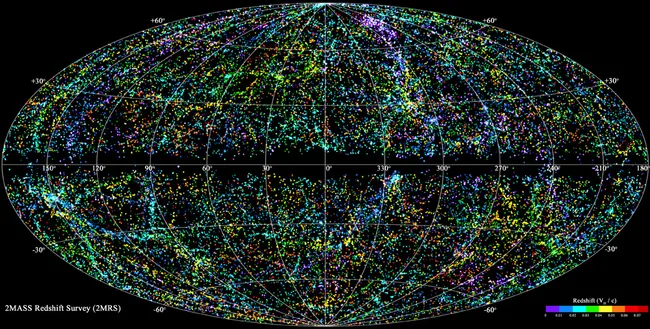
Cosmonaut Definition: Heroes of Space Exploration
Discover what defines a cosmonaut, their role in space exploration, and notable examples in history.
But you don't know it

Discover what defines a cosmonaut, their role in space exploration, and notable examples in history.

Discover ‘cosmogony’, the study of the universe’s origin, blending ancient mythology with modern astronomical theories.

Discover ‘cosmopolitan’s’ Greek roots ‘kosmopolitēs’, symbolizing a worldly outlook and diversity.

The word “cosmology” comes from the Greek word “κοσμολογία” (kosmologia), which itself is derived from two Greek words: “κόσμος” (kosmos) meaning “world” or “universe,” and “λόγος” (logos) meaning “word,” “study,” or “discourse.” The term “κόσμος” in ancient Greek not only referred to the universe but also had connotations of order and harmony.